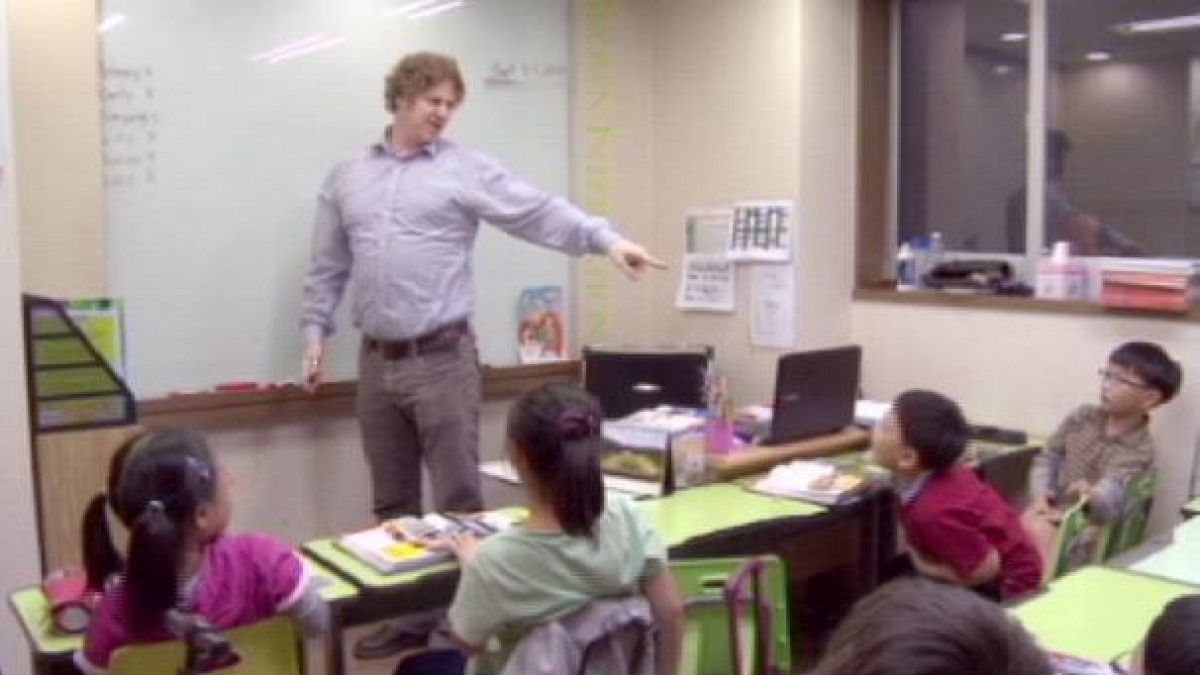This week in Learning World we visit schools in South Korea, Spain and Japan to examine the vital role families play in their child’s learning process.
In South Korea, a highly competitive society, some families are obsessed with success. For fear of their children falling behind in school they send them to evening private lessons.
Up to 80 percent of children in South Korea go straight from their primary schools to private evening schools called Hagwons where they do extra classes in maths, English and Korean.
The reason is that South Korea is an intensely competitive society and parents feel that if they do not send their children to extra classes, they might fall behind at school. Discipline at the Hagwons is strict and pupils who fail to give the correct answer are punished.
In Spain particularly in Seville, school absenteeism used to be a major problem amongst the Roma community and until two years ago the teaching staff were victims of violence. Often the root cause of the problems was integration between the Roma and local populations. But the creation of a “Learning Community“ involving the Roma parents, local associations, professional groups, institutions and charities was the key to changing everything.
The Learning Communities work with the children in small mixed groups. Each groups works with an adult, another teacher, a volunteer, or a parent to encourage interaction between the children. All the adults do all the activities with all the groups of children. So in an hour of learning, far more work gets done than if the children had stayed together in one class group.
Finally, we look at how the organisation ‘Fathering Japan’ is helping Japanese fathers.
In Japan, fathers often work up to 60 hours a week. There are no legal overtime limits, so the men work all the time and women bringing up their children almost alone. Tetsuya Ando is a father of three, and left his job to set up ‘Fathering Japan’ an organisation which helps men who want to spend more time with their children.
He concedes that men are doing more child-care, but even if they want to help more, they do not know how, or they are too busy at work. He says he does not want to create ‘Good Dads’ but ‘Smiling Dads’.
“fathering.jp“http://wwwfathering.jp
